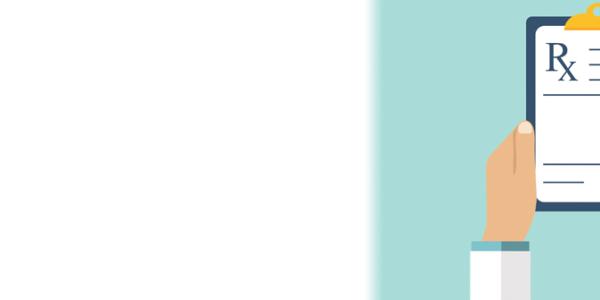According to the National Institute on Drug Abuse (NIDA), one-fourth of all Americans misuse prescription opioids, antidepressants, or stimulants for non-medical reasons at least once in their lifetimes. This means approximately 5,750 people misuse their medication for the first time daily.
Drug abuse is defined as the use of a prescription drug in any way that differs from how it is prescribed. This includes taking pills to feel euphoria, in addition to taking an extra dose to help with physical pain. Medications that most commonly lead to overuse or addiction are those that affect mood/behavior.
What may seem like a harmless extra dosage can lead to fatal effects. According to NIDA, unintentional overdose deaths involving opioid pain relievers have more than quadrupled in the last 20 years—outnumbering deaths from heroin and cocaine overdoses.
Although anyone can be susceptible to drug abuse, older adults, women, and youth are most at risk. Adolescents and young adults often obtain prescription drugs from buying or receiving them from a friend or relative, so it’s important to store and dispose of prescription medication properly to decrease the risk of misuse in your home.
Addiction and abuse of prescription medication usually builds gradually. To decrease your own risk for drug abuse, follow these steps:
- Do research to be sure you are being prescribed the right medication
- Speak with your doctor on a regular basis about the effects and dose of your medication
- Follow directions—don’t stop or change the dose of your medication before speaking with your doctor
- Make sure every doctor you see has a complete list of medications you take
- Learn what to expect from your medication
- Don’t order drugs online or take them from other people
- Research alternative methods to relieve pain, such as acupuncture, meditation, or massage
If you continue to refill a prescription after you no longer need it, you are most likely abusing your medication. If you believe you may have a problem, reach out for help and contact your doctor. Treatments include working with your health care provider, a substance-abuse counselor, or a mental health professional. They may also include a combination of detoxification and other medications. You can also reach out to the Drug Abuse Hotline at 1-877-446-9087 or visit their site here.
This article first appeared in the February 2017 edition of the HealthPerks newsletter.

